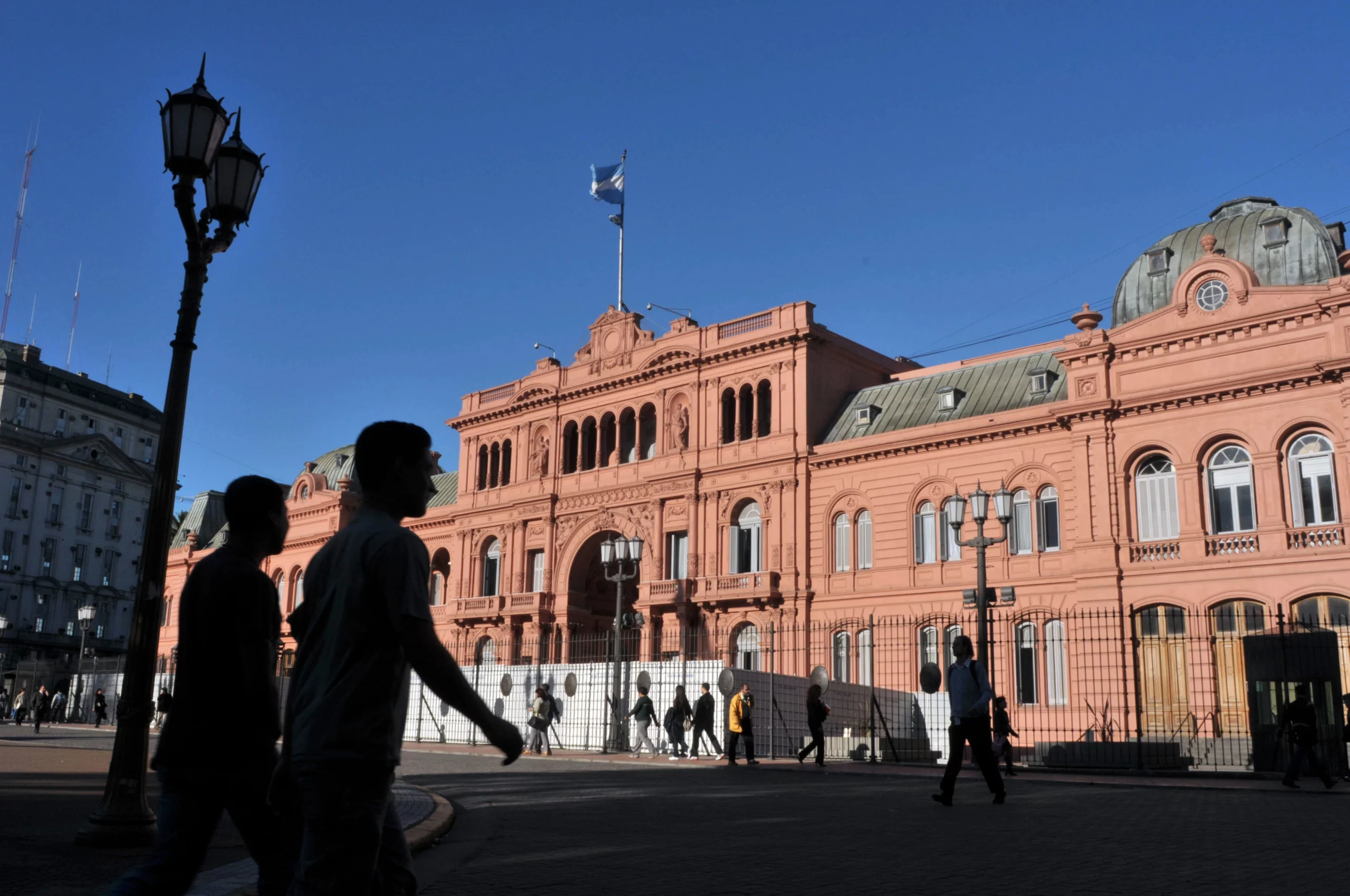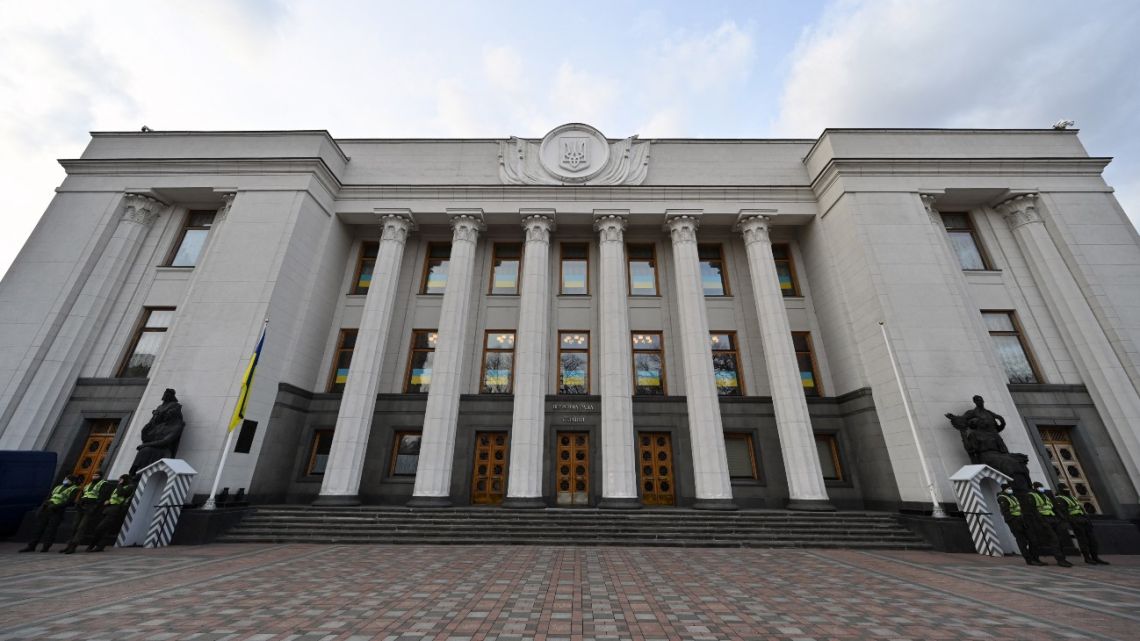Argentina’s government has announced significant changes to its import regulations, marking a shift towards a more open economy. Starting December 2024, Argentines will be able to import goods worth up to $3,000 per shipment, a substantial increase from the previous $1,000 limit. This move aligns Argentina’s import policies with those of neighboring countries.
The new rules also introduce a tax exemption on the first $400 of each personal-use purchase. Consumers will only pay VAT on this amount, reducing the overall tax burden on imported goods. For example, a jacket that previously incurred $67 in taxes on a $100 purchase will now only be subject to $21 in taxes.
These changes aim to make foreign products more accessible to Argentine consumers. The government believes this will increase competition and lower prices, especially in the technology and textile sectors. It also seeks to eliminate the need for Argentines to travel abroad for cheaper goods.
 Argentina Liberalizes Import Policies: A Further Step Towards Economic Freedom. (Photo internet reproduction)
Argentina Liberalizes Import Policies: A Further Step Towards Economic Freedom. (Photo internet reproduction)President Javier Milei’s administration views this policy as part of a broader strategy to normalize Argentina’s foreign trade. The country was considered the third most closed economy globally when Milei took office in December 2023. This reform represents a significant departure from previous protectionist policies.
The government argues that the new regulations will benefit businesses by facilitating the import of urgent spare parts and materials. However, some industry groups have expressed concerns about potential impacts on domestic production. The full economic implications of these changes remain to be seen.
Argentina Liberalizes Import Policies: A Further Step Towards Economic Freedom
Critics worry that the policy might harm local industries, particularly in the technology and textile sectors. However, supporters argue that increased competition will ultimately benefit consumers and drive innovation in domestic industries. The government maintains that this is a necessary step towards economic normalization.
Milei’s Agenda: Freedom through Law
This policy shift comes as part of Milei’s broader economic reform agenda, which aims to liberalize the Argentine economy. The administration has already eliminated the SIRA import system and is working on reducing bureaucratic barriers to trade. These measures represent a significant ideological shift in Argentina’s economic policy.
The government’s decision reflects a belief in the power of free markets to drive economic growth. By allowing Argentines greater access to global markets, the administration hopes to stimulate competition and improve consumer choice. This approach contrasts sharply with the protectionist policies of previous administrations.

 By The Rio Times | Created at 2024-11-17 09:23:59 | Updated at 2024-11-22 13:47:53
5 days ago
By The Rio Times | Created at 2024-11-17 09:23:59 | Updated at 2024-11-22 13:47:53
5 days ago








